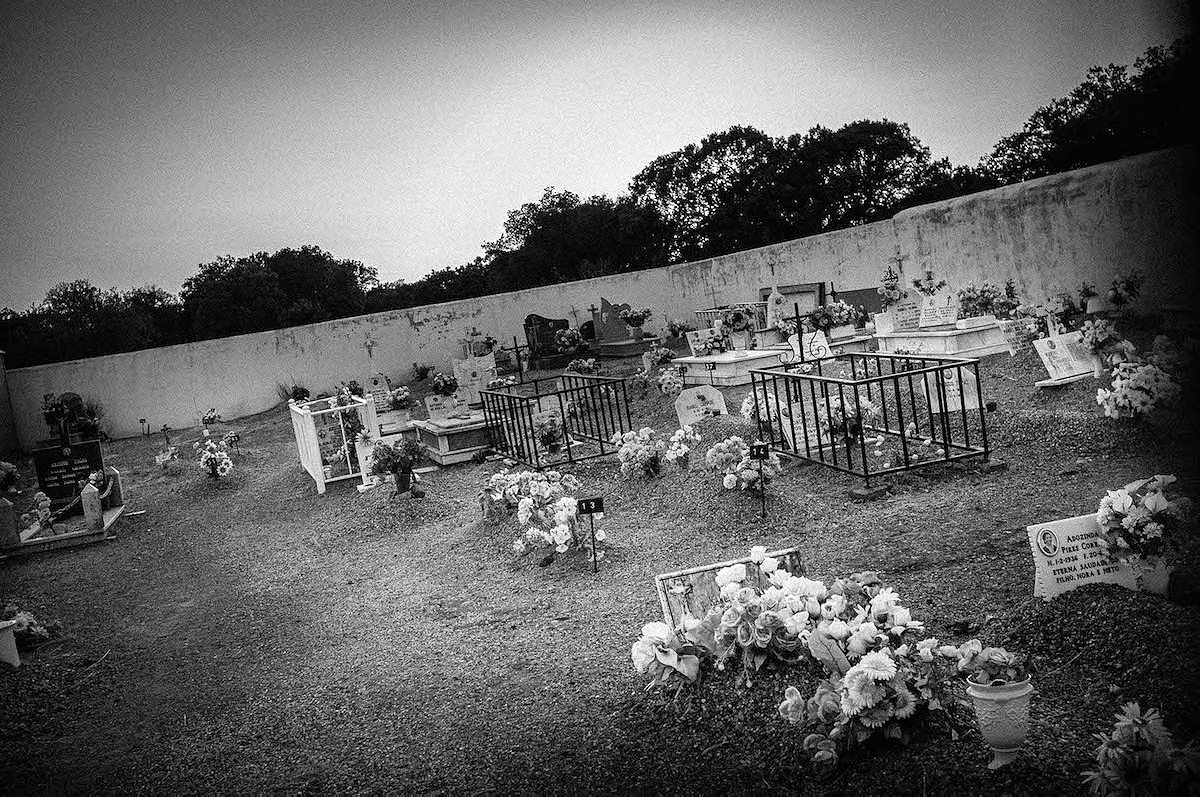The Colombian photographer witnesses the disappearance of the Portuguese village of Torre.
A lifetime ago, the village of Torre in the hinterlands of Portugal had 200 inhabitants. Parents worked the fields and children studied in the village school. But as happened in hundreds of villages throughout Portugal—and really, the world—Torre’s population started dwindling. Younger generations left to pursue careers in bigger cities, leaving the older ones to care for family farms. And though they seem forgotten by nearly everyone, these grandparents are still around today, getting up as the sun rises every morning to tend to their crops. Last year, Colombian photographer Marcelo Londoño traveled to Portugal to illustrate the impact of the financial crisis. But he says what he found in Torre was a much deeper life lesson.
Roads & Kingdoms: How did you find the village of Torre? What attracted you to it?
Marcelo Londoño: I was traveling in Europe and some friends told me about this small village that was about to disappear. I started to think how fascinating it could be to visually document this village and its history – I’ve always been attracted to small places and simple people, as well as their relationship with their roots and their place of birth. As soon as I had the opportunity to travel there, I went. And I was lucky enough to be there during [life-long Torre resident] Ti João’s 80th birthday.

Roads & Kingdoms: What was the general atmosphere like?
Londoño: Portugal is an amazing country with lovely people and breathtaking landscapes. In Torre, I found a charismatic atmosphere, full of old life and nostalgia as well as wisdom and the broken hearts of grandparents every time their family leaves. That same heart welcomed me in such a beautiful way, inviting me to share their table, drink and hear stories that never end.
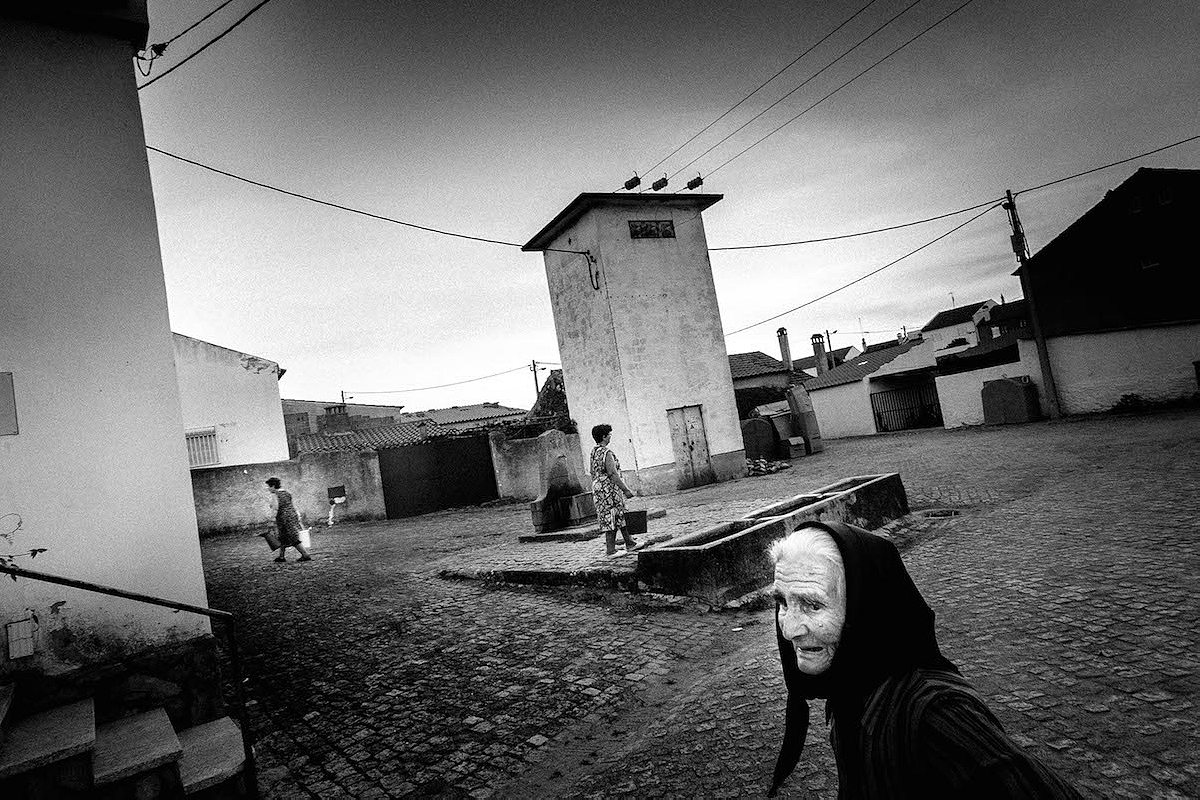
Roads & Kingdoms: How long did you spend in the village?
Londoño: I spent about 10 days in the village and I had the weirdest feeling that life there has sat still for a long, long time. I lived like the people there, getting up early to go to the small farm, making my own breakfast with fresh and delicious food, taking a nap after lunch – can it be the secret for longevity? – and following the life of these people as it is, simple and happy.
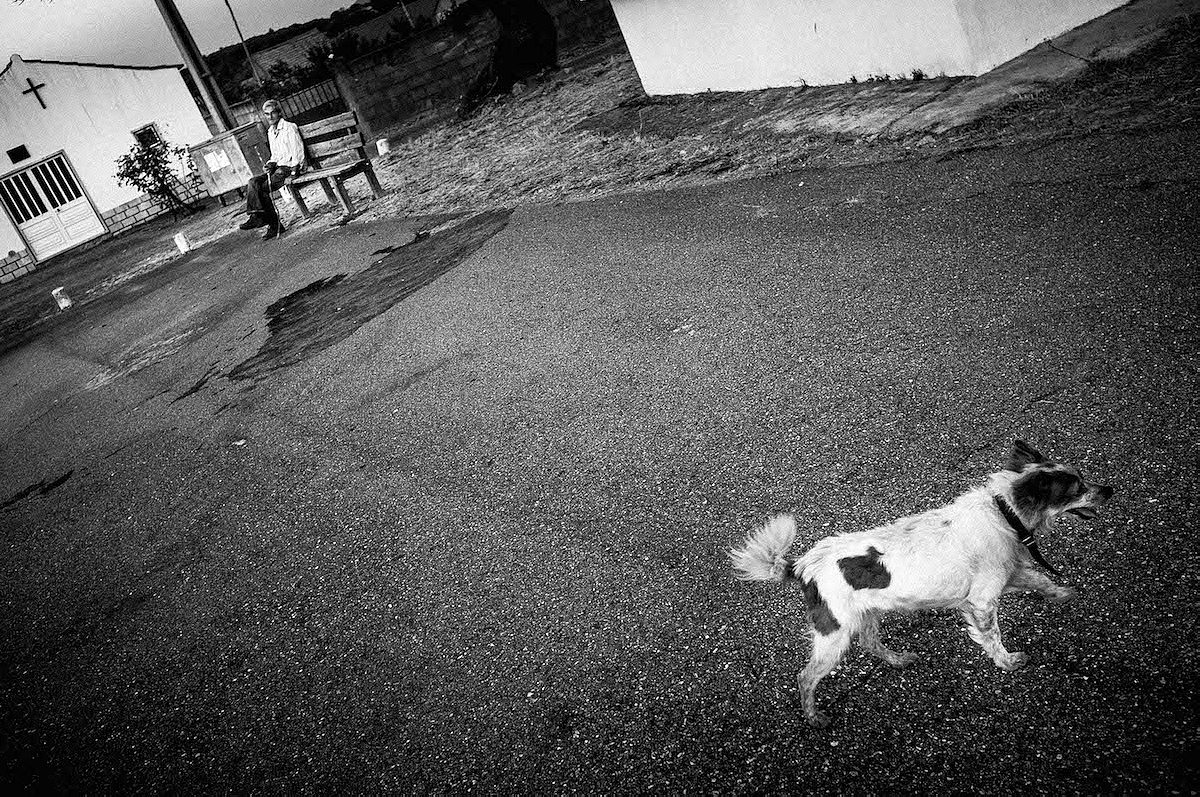
AS TIME GOES BY, SOME FORGET TORRE SAYING THAT THERE IS NOTHING LEFT THERE
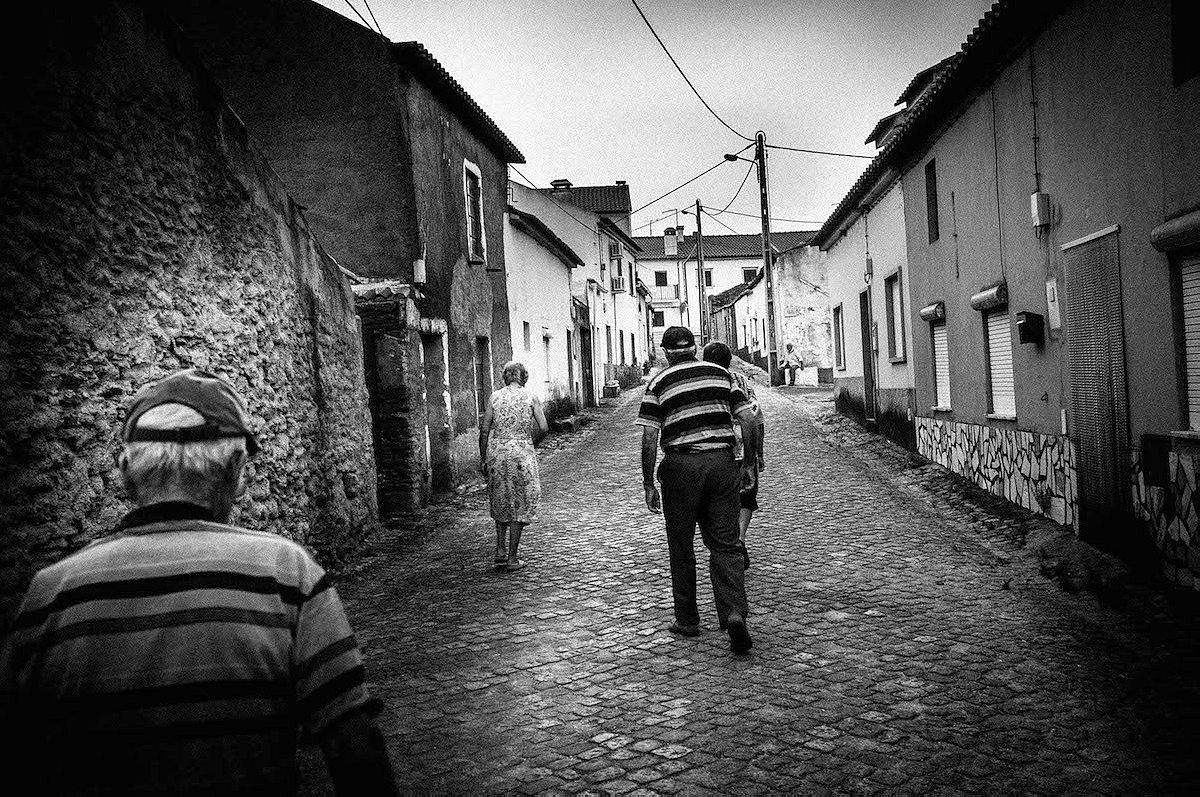
Roads & Kingdoms: The population of Torre is constantly decreasing – what is that doing to the community?
Londoño: As people leave Torre, the loneliness of the village intensifies. The streets are empty and the orchards abandoned. People get together from time to time, but the feeling of solitude and tranquility worsens with time.
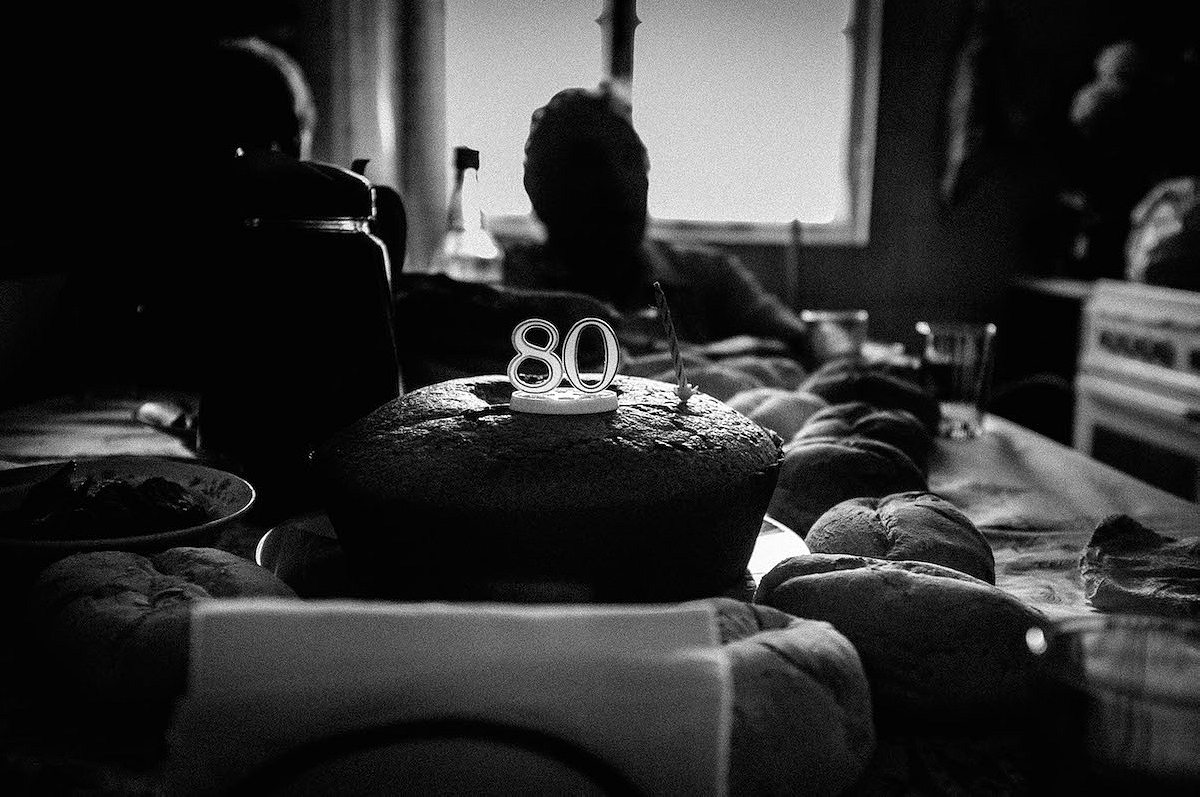
Roads & Kingdoms: What is it like in the summer, when the younger generations return?
Londoño: Families get together as sons and daughters and grandchildren return for a couple of days, coloring the village with their bright cars and loud laughs and music echoing. But I was told that the visits are less frequent today, and as houses empty, relatives have stopped coming, they start to forget the deceased. Some grandparents have gone to live in the cities with their family, and as time goes by, some forget Torre, saying that there is nothing left there. The school closed long ago. I spoke with some young people that feel sorry for the loneliness of their grandparents. But they have no desire to live in Torre.
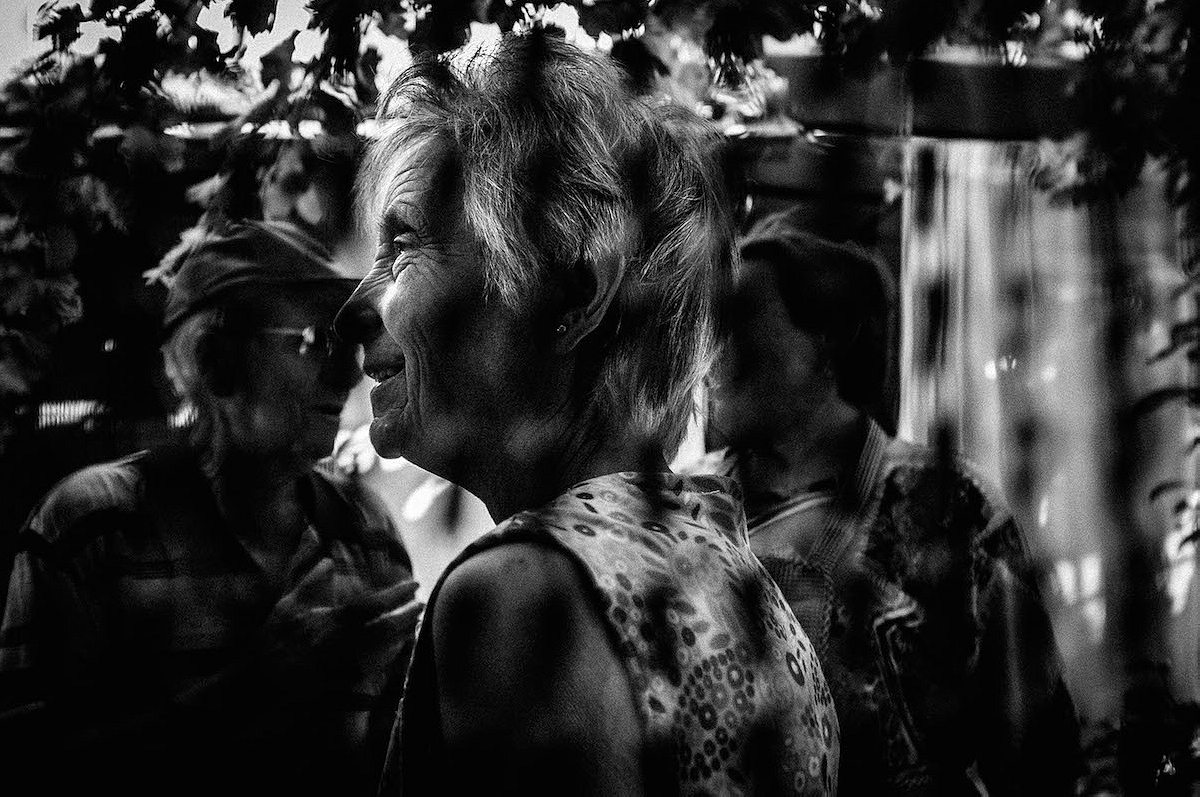
Roads & Kingdoms: Can anything be done to reconnect this village to the rest of the country?
Londoño: I have some ideas. The patrimonial value of these nearly abandoned villages is huge, maybe I’m a romantic but I believe a country cannot afford to lose its culture. Small farmers should be helped and Portugal should promote development and jobs for the few active residents who seek better life conditions. Treaties and unions between countries of the European Union are difficult in terms of justice and equality, it all worsens when countries cannot compete on equal terms and are demoted by greater economic powers. I saw this situation in my country, Colombia. The free trade treaty destroyed domestic agriculture, making the country even more dependent on richer nations who get richer. In Torre, the European Union established the way goods are supposed to distributed and subsidized. It caused a recession in agriculture even for those who cultivate only for their own consumption. Subsidies helped some, but when they were cut because of the crisis, it created a desolate scenario.
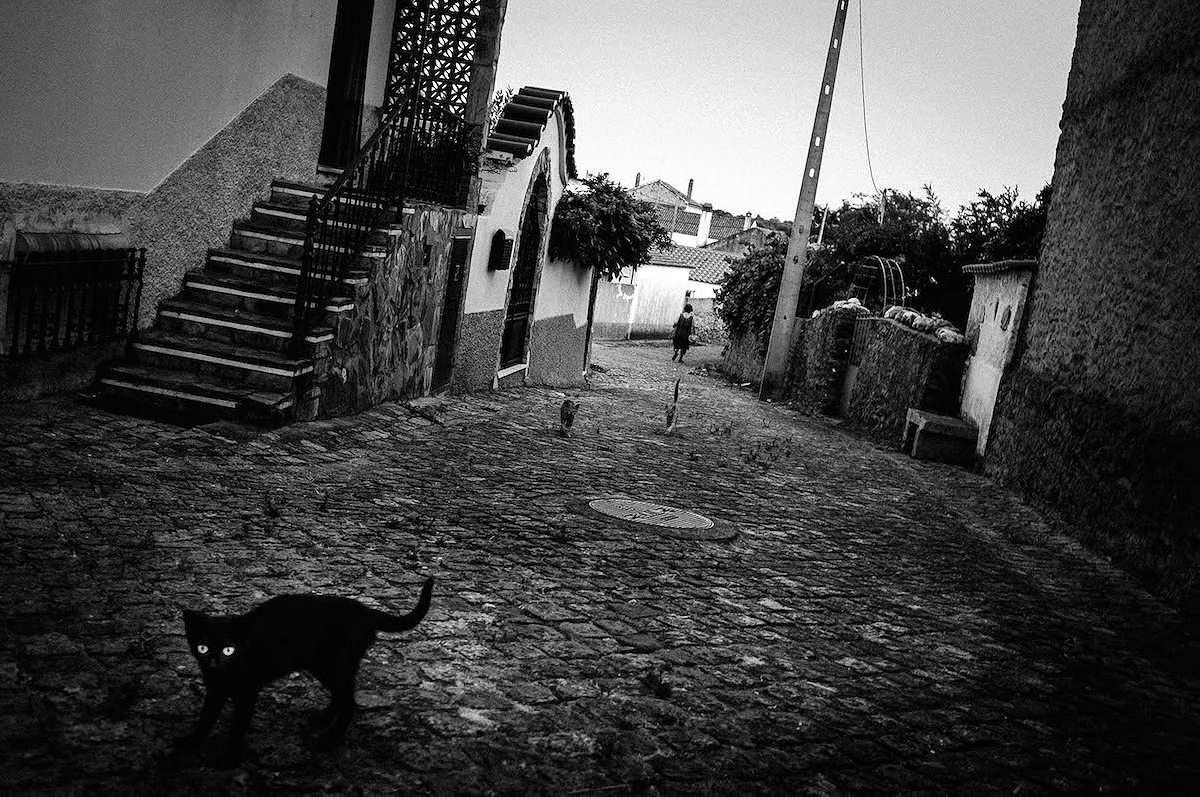
[I WAS] WITNESSING OF THE DEATH OF A SMALL PORTUGUESE VILLAGE THAT WAS ABANDONED BY THE GOVERNMENT LONG AGO
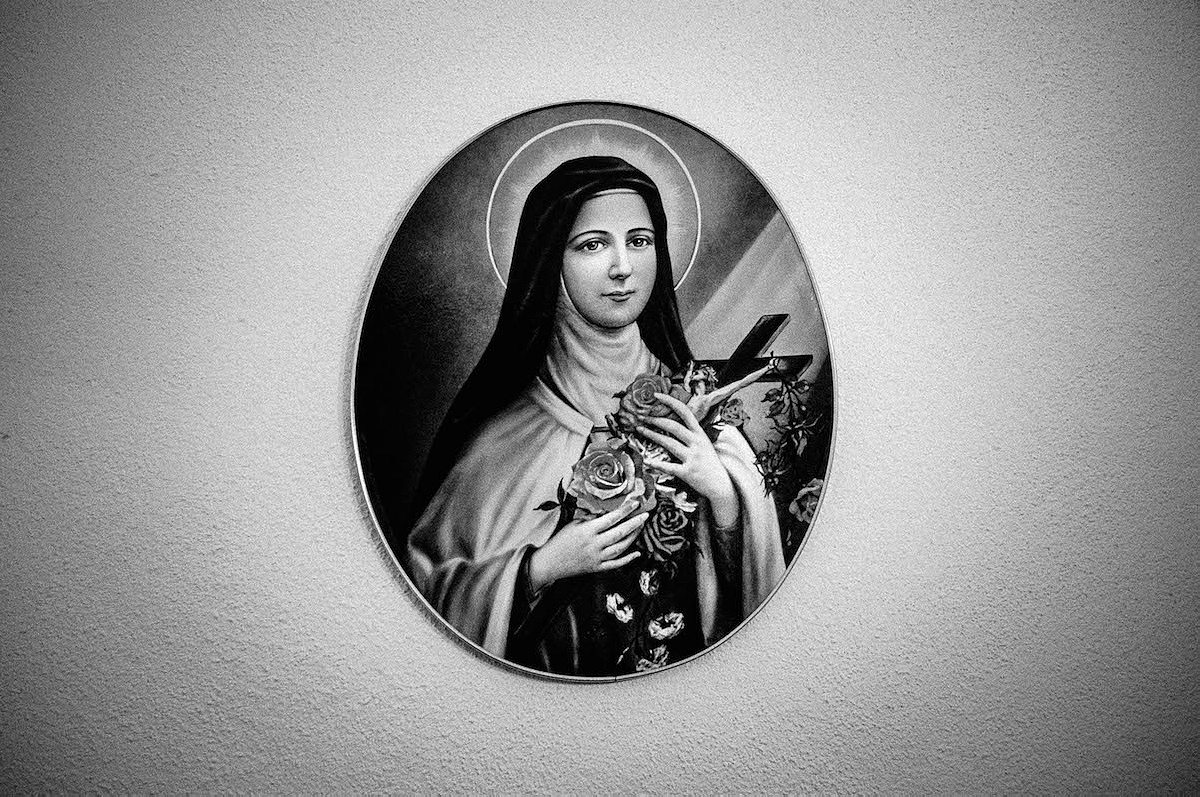
Roads & Kingdoms: Tell me about the people in your photos… What were they like?
Londoño: The grandparents who live in Torre are fantastic, it seems that as time goes by, people become more of themselves. They have a beautiful heart and are always in good spirits, in addition to being humble and modest peasant farmers. If I had to choose one person to tell you about, it would be Ti João. I have never seen someone so strong as a person, so patient and dedicated and loving. Today, life is in many ways full of empty and absurd needs. His relationship with the world around him is another one. It’s more human.
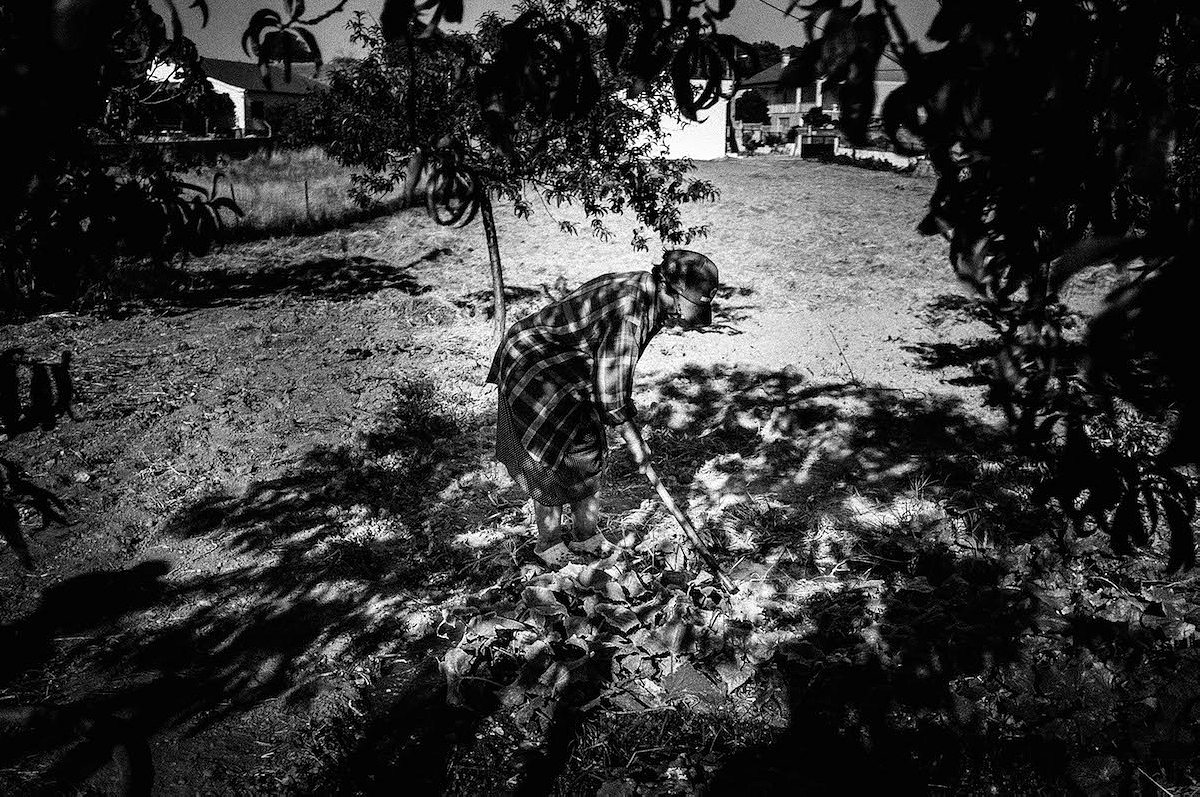
Roads & Kingdoms: What do you think Torre will look like in 10 years?
Londoño: After establishing ties with the village, talking about the future is a bit difficult for me. Unfortunately, without government assistance for the revitalization of these villages I believe they are doomed to disappear. As I photographed the story, what I wanted to tell was the witnessing of the death of a small Portuguese village that was abandoned by the government long ago. In 10 years, maybe there will not be any more people to photograph in Torre, you won’t hear the stories about it and all the valuable lessons meant to be taught will have vanished. The village was abandoned to its “fado”, the traditional music from Portugal that also means “fate” in Portuguese, and its memories will remain in its streets until its extinction.
